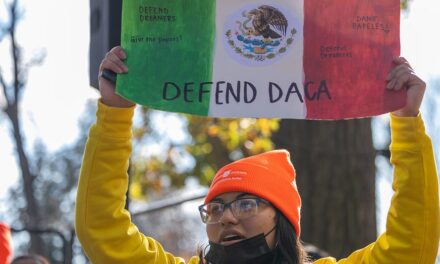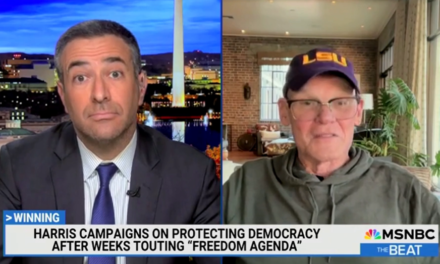In a pointed reaction to the recent military actions taken by former President Donald Trump directed at Iran, Representative Adam Schiff has voiced strong condemnation. The situation has triggered discussions about the ramifications of such decisions on both national security and international relations, particularly concerning Iran’s nuclear ambitions.
During a recent interview, Schiff articulated his discontent with the strikes, emphasizing that they not only escalate tensions in the already volatile region but also set a concerning precedent for the future of U.S.-Iran relations. The lawmaker, known for his significant role in national security discussions, remarked that the military strikes should be scrutinized within the broader context of their potential to destabilize peace in the Middle East.
Schiff highlighted his principal concern regarding the strikes’ impact on diplomatic efforts aimed at curtailing Iran’s nuclear program. “While the immediate military response might seem justified to some, it runs the risk of undermining years of diplomatic negotiations,” he stated. “Provocative military action does not create a conducive environment for dialogue. Instead, it heightens the likelihood of conflict.”
In reflecting on the consequences of Trump’s decisions, Schiff did attempt to find a silver lining, suggesting that the strikes might have inadvertently delayed Iran’s nuclear progress. “If there is any positive outcome from this reckless military engagement, it may be that it has temporarily disrupted the timelines of their nuclear program,” Schiff commented. He went on to express hope that this delay would provide the international community with more time to work on ways to bring Iran back to the negotiating table.
The recent military actions have come amid increasing tensions fueled by Iran’s continued advancements in its nuclear capabilities. The U.S. and its allies have long been concerned about Iran’s intentions and the implications for regional stability. Schiff’s reflections come as a harness of legislative efforts are being mobilized to respond to the actions of the Iranian regime without resorting to military force. “It is crucial that we adopt a strategy that emphasizes diplomacy over escalation,” he articulated.
Schiff’s condemnation of the strikes is not an isolated viewpoint. Many lawmakers have expressed apprehension regarding the possibility that military actions could spiral into open conflict, possibly drawing the U.S. military into prolonged engagements in the region. Bipartisan discussions are currently underway to evaluate not just the immediate effects of Trump’s decisions but also to formulate a comprehensive policy concerning Iran that prioritizes prevention of nuclear proliferation.
In the wake of these tensions, conversations about nuclear agreements have resurfaced. The Joint Comprehensive Plan of Action (JCPOA), commonly referred to as the Iran nuclear deal, was a strategic agreement between Iran and major world powers that aimed to limit Iran’s nuclear capability in exchange for economic relief. Schiff, along with other members of Congress, have reiterated the importance of reviving this agreement or negotiating a new framework that addresses both the nuclear threat and regional security issues.
“The Iranians are back in the nuclear game, and this escalatory cycle could make it nearly impossible to rein them in,” Schiff urged lawmakers. “It’s critical we approach this with a balanced strategy that combines both pressure and negotiation.”
Critics of Trump’s military action argue that such unilateral strikes disregard the importance of coalition-building and international consensus when dealing with issues of international security. Even as the strikes aimed to send a message to Iran, they have arguably alienated American allies who favor collaborative methods to curb Tehran’s ambitions.
In light of this, Schiff has called for a renewed diplomatic initiative, highlighting the need for greater engagement with European allies and Middle Eastern partners in addressing the nuclear dilemma posed by Iran. “Addressing the threats of nuclear proliferation requires a unified approach, not one that isolates the U.S. and raises the potential for conflict,” he maintained.
As the debate continues regarding the effectiveness of the strikes and U.S. foreign policy towards Iran, Schiff’s cautionary remarks serve as a reminder of the delicate balance that must be achieved in striving for both national security and diplomacy. As the situation unfolds, many will be watching closely how the U.S. navigates its next steps in relation to Iran and its broader implications for global security.
In summary, Schiff’s condemnation of Trump’s military actions regarding Iran reflects a growing concern among lawmakers about the potential for military escalation and the importance of diplomatic avenues. With the complexity of the region’s geopolitical landscape, it remains paramount to seek solutions that prioritize de-escalation and constructive dialogue in addressing the nuclear threat posed by Iran.
































